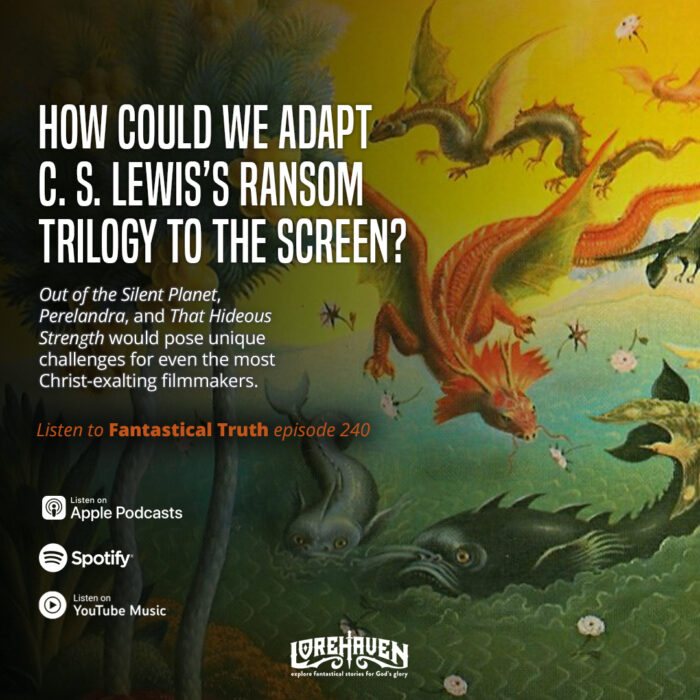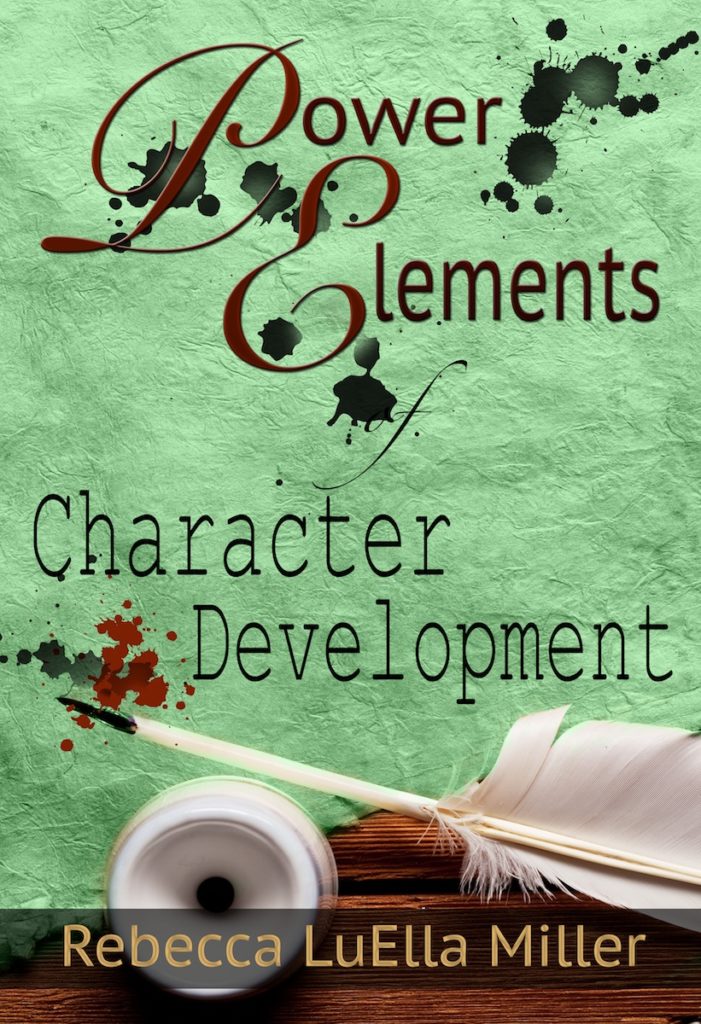A Fresh Start And Change
 As the new year gets underway, we often think of January 1 as an opportunity to start afresh. Thus the resolutions: this year I’ll start exercising, this year I’ll get organized, this year I’ll break the habit of procrastinating. It’s admirable to want to better ourselves, to rid ourselves of bad habits, and to start a pattern of healthier, more responsible living.
As the new year gets underway, we often think of January 1 as an opportunity to start afresh. Thus the resolutions: this year I’ll start exercising, this year I’ll get organized, this year I’ll break the habit of procrastinating. It’s admirable to want to better ourselves, to rid ourselves of bad habits, and to start a pattern of healthier, more responsible living.
Of course statics indicate that half of all American adults no longer make resolutions—apparently we’ve tried to change and realize all our trying in the past has ended up in frustrating failure, so why continue fooling ourselves into believing that this year will be any different? Of the half that still make resolutions, only eight percent are still keeping them six months later. Most no longer do what they resolved to do by the end of January.
In fiction, few characters make resolutions though some get chances for a fresh start. Patrick Carr’s protagonist in the Staff And Sword trilogy, Errol Stone, made such a change. He was a drunk at the beginning of book one, A Cast Of Stones. Through a sequence of events, he had a chance to change and then to start afresh.
In Karen Hancock’s Guardian-King series, Abramm gets a fresh start when he escapes his life as a slave, and even a greater fresh start when he embraces the religion he’d grown up fearing and fighting.
In Brandon Sanderson’s Mistborn, one of the main characters, Vin, gradually comes to an understanding of who she is and what her powers are. In essence she’s given a chance for a fresh start. She won’t go back to living in the slums with thieving crews. She’s grown too much, made too big a change to ever be satisfied with that old life, no matter what happens in regard to the external conflict she faces.
I think one reason fiction is so powerful is because of the change these characters make. They show readers that change is possible, that trials can bring strength, that hope resides on the other side of conflict because of the growth it brings.
Writers refer to the process a character goes through to change as their character arc. Here’s an excerpt from Power Elements Of Character Development that discusses this process.
By far the greatest number of stories depict characters who exhibit growth. At the beginning the protagonist has a problem or story question that drives her actions forward. But she also has an inner life that dovetails with these outer circumstances. By the end of the story, the character has learned what she needs, made the changes her circumstances require, commits to a new course of action, and thus answers the story problem which confronted her at the beginning.
This is obviously a simplistic sketch of the character arc, but it shows an important aspect—the inner life of the character and the outer events of the plot are integrally entwined.
The need for character growth can sometimes be caused by lies or distortions a character believes about himself or the world or both. These erroneous beliefs drive him to make decisions and to act.
Sometimes his actions bring success, but not permanent change, and he is forced to come up with a better plan. More often, however, his actions fail because they were built on those false ideas.
For example, in Gone With The Wind, Scarlett O’Hara believes she’ll be happy if she can win Ashley Wilkes’s affections. She makes great plans, only to hear his announcement that he will marry someone else. She believes she must get him alone and declare her feelings for him, but when she follows through with her scheme, he spurns her advances.
Other problems intervene—the Civil War, his marriage, his wife’s devotion to Scarlett, the death of her father—and yet she persists in believing that she would be happy if only she could be with Ashley.
As events unfold, the reader begins to understand that Ashley is not the answer to Scarlett’s happiness. At long last, Scarlett herself comes to realize the truth. She is, in fact, in love with Rhett Butler, and has been for some time. However, when she makes this discovery and declares her love, he tells her she’s realized the truth too late. His love for her has died. Her erroneous belief kept her from attaining the happiness she most desired (though the end has enough ambiguity to leave her ultimate happiness still in question).
More common are stories in which the protagonist realizes the truth, takes the necessary steps in the right direction, and is rewarded in the end with what he actually needed. In a few stories, however, despite the character’s success in obtaining what he needs, he still may not accomplish his goal, though the importance of failing to do so pales in comparison to the former.
Not every character arc is built upon the character believing a lie. Some show a character’s struggle to overcome a flaw. Initially he may not realize how devastating his character weakness is, but as the story progresses, he has a moment of self-revelation that either pushes him to change or to despair.
Still other characters might believe something which no one else in their circle does. This story arc might show how the character’s beliefs are tested, how she herself is tempted to doubt in the face of failure or disappointment, then after confronting her greatest fears, how she chooses to cling to her belief no matter what.
For example, a boy just out of his teens wants to be a writer. He completes a novel and sends it out to publishers but receives rejection after rejection. As years go by and he becomes a man, his friends laugh at his “silly hobby,” his wife encourages him to find “a real job.” He picks up whatever work he can find to make ends meet, but every spare moment he’s at his computer writing another story and another and another. His rejections continue to pile up, but he believes he has the talent, he knows he has the love, and he keeps trying. Eventually his hope wanes.
At last, he experiences the turning point. His wife is threatening divorce. His friends no longer come around. He’s out of money. Again. And he’s no longer a kid or even a young man. He must get a better job to keep his house and show his wife he cares about the family, or he must publish. Here is his dark night of the soul. What will he do—cling to what he knows is true—that he was born to write—or cave and abandon his life’s work?
What he decides and how the events of the plot resolve in the face of that decision, complete his character arc. He will have either ditched his long held beliefs or held to them more tightly than ever.
So how do the characters in your favorite books change? Does their change encourage you that change is possible? Does it give you hope?












































In my first fantasy, my character starts off sad because his mom passes away and then when his best friend is murdered and he almost gets killed himself, he goes through a character arc about finding what his true self is and how it relates to the overall picture.
I think we all wonder where do I fit in the story God has written for humanity. We won’t always know and it maybe hundreds of years later before anyone sees the value in our existence so as we develop, we hope to make an impact on our sphere of influence until such a time that impact ripples downward in time.
Thanks for sharing your character’s developmental arc, Parker. Sounds perfect—the external conflict and the internal conflict closely entwined.
And yes, I agree, we all do wonder were we fit in God’s grand scheme.
My character’s arc spans the four books in my series. It’s one of the problems of writing one story over multiple editions. I tried to resolve an external conflict, but his change, the deep and lasting one, because there are suggestions of change earlier, doesn’t come until towards the end of book four.
Becky